24/7 Helpline:
(866) 899-221924/7 Helpline:
(866) 899-2219
Learn more about Depression Treatment centers in Carthage
Depression Treatment in Other Cities

Other Insurance Options

BlueShield

Ceridian

Anthem

Optum

Regence

Sliding scale payment assistance

Magellan

Excellus

Health Partners

Health Net

Ambetter

American Behavioral

WellCare Health Plans

Coventry Health Care

Molina Healthcare

United Health Care

WellPoint

Self-pay options

Carleon

Choice Care Network



Ozark Center – New Directions
Ozark Center -- New Directions is a private drug and alcohol addiction recovery center in Joplin, Mi...

Behavioral Health Group (BHG) of Joplin
Behavioral Health Group (BHG) of Joplin is a private rehab located in Joplin, Missouri. Behavioral H...

Alano Club
Alano Club is a non-profit rehab located in Joplin, Missouri. Alano Club specializes in the treatmen...

Options Outpatient Counseling
Options Outpatient Counseling is a private rehab located in Joplin, Missouri. Options Outpatient Cou...

Preferred Family Healthcare – Residential Adolescent
Preferred Family Healthcare - Residential Adolescent offers a residential and outpatient program, an...

Ozark Center – Will’s Place
Ozark Center – Will’s Place is a private rehab located in Joplin, Missouri. Ozark Center – Will’s Pl...

Freeman Behavioral Health Services
Freeman Behavioral Health Services is a private rehab located in Joplin, Missouri. Freeman Behaviora...

Robs Road to Recovery Ranch
Robs Road to Recovery Ranch is a Christ-centered substance abuse treatment rehab in Purcell, OK for ...































































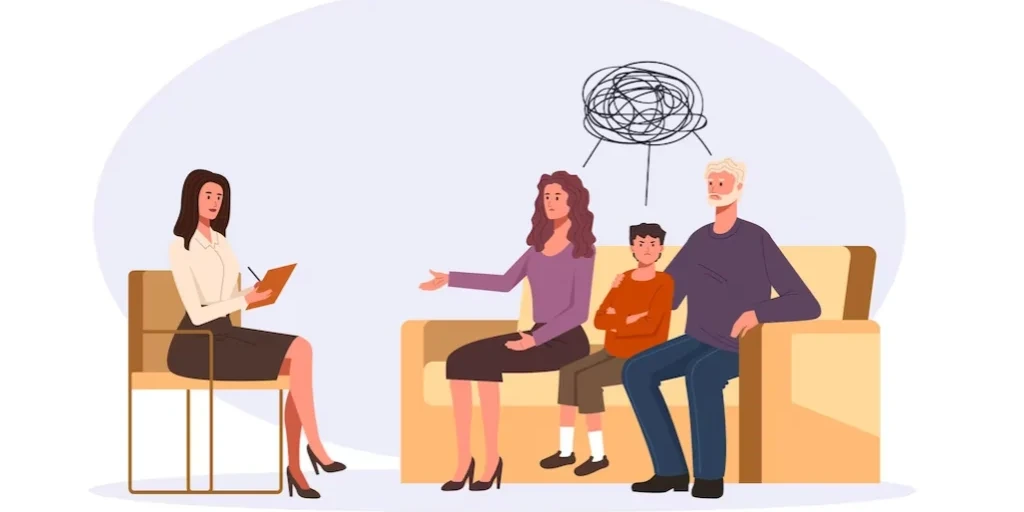





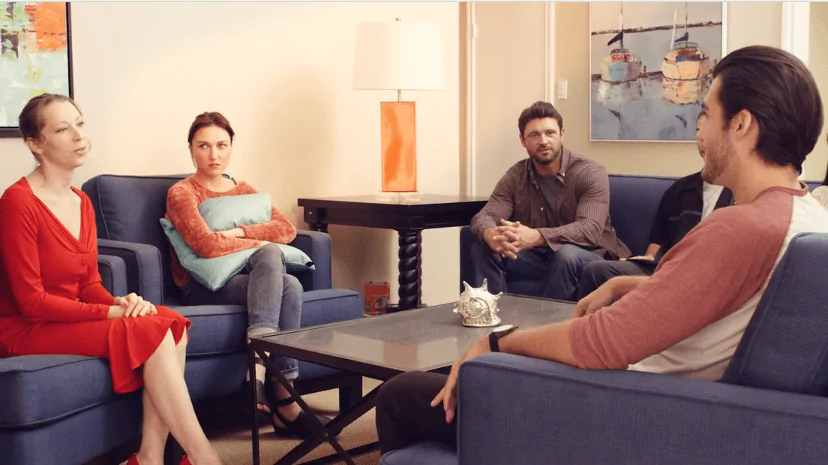













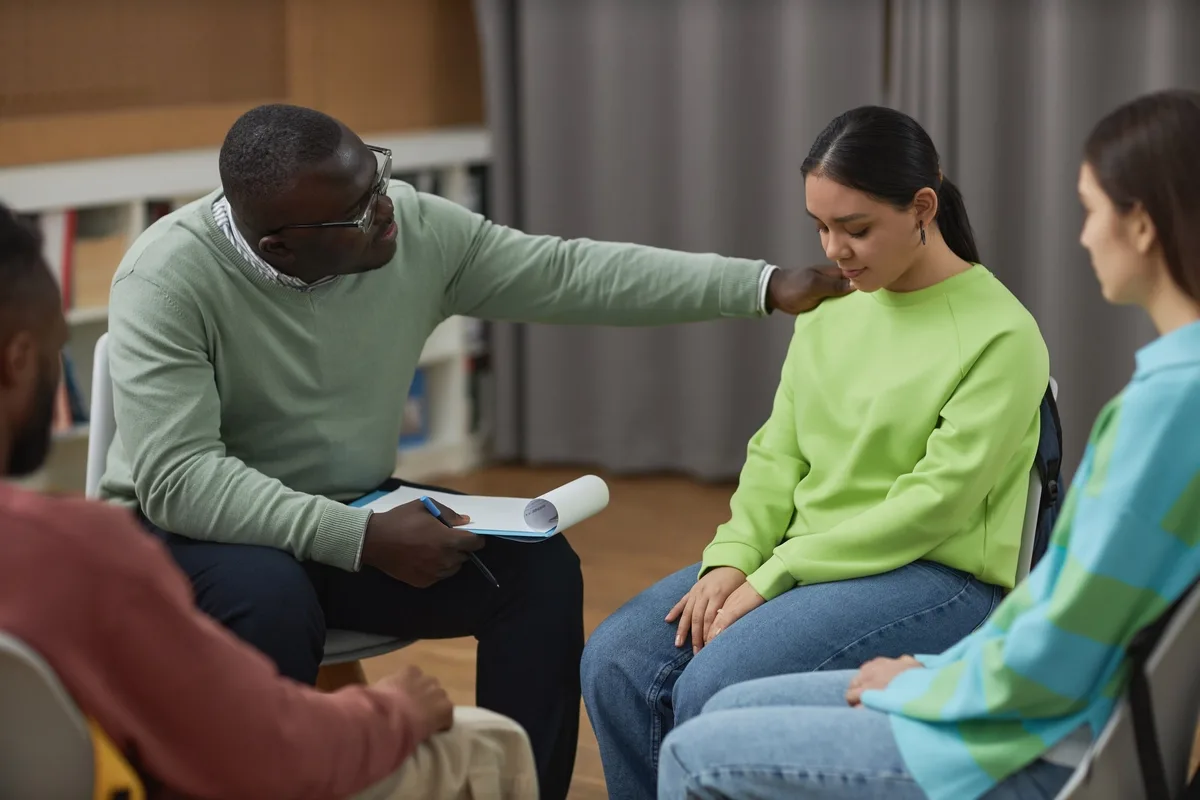











































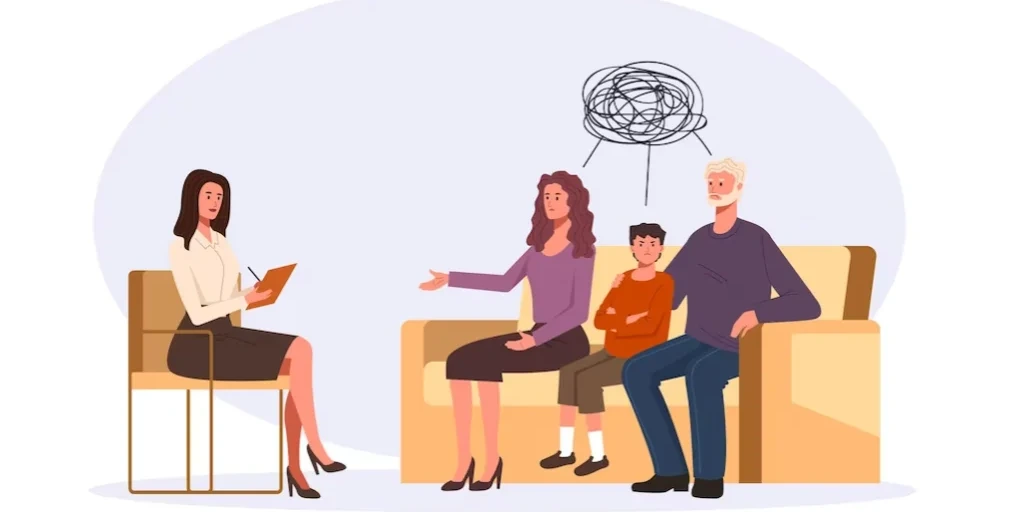



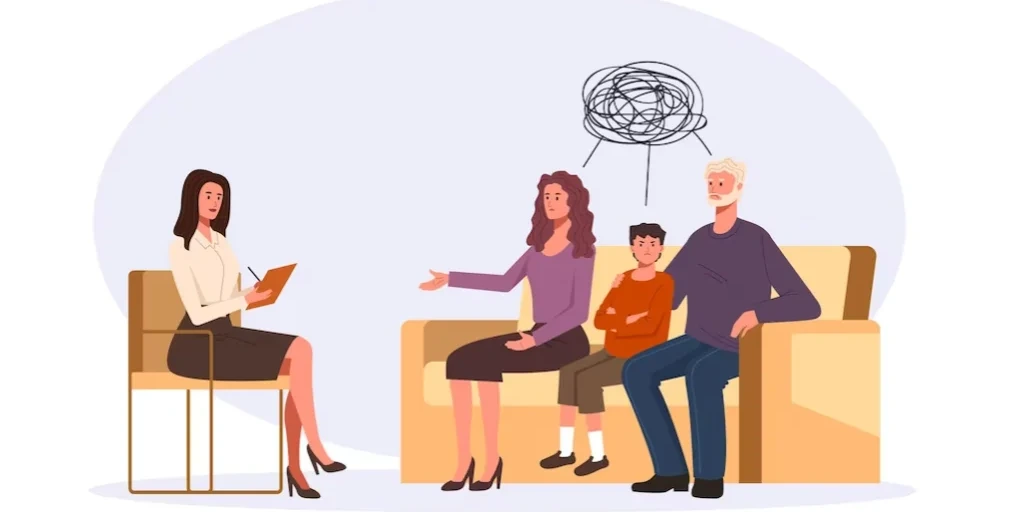













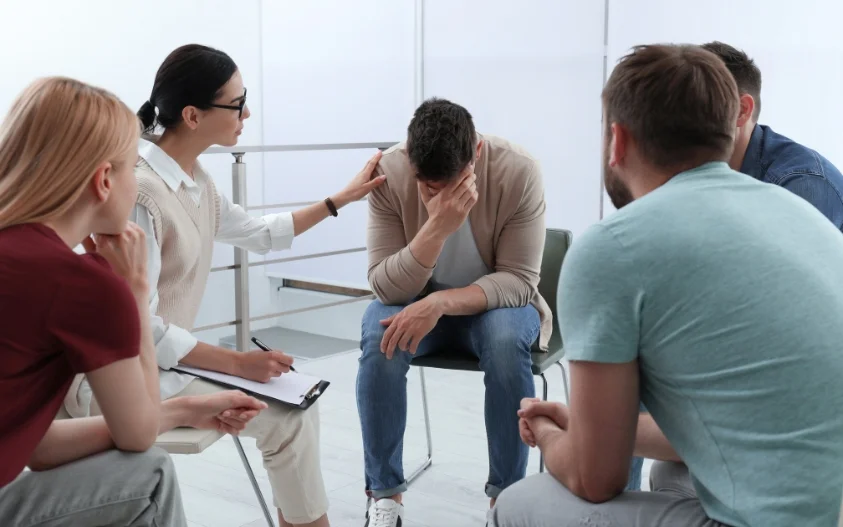









Ozark Center – Residential
Ozark Center provides substance abuse services, treatment and support networks for the community. Oz...

Helping Hands Hope House
Helping Hands Hope House is a private rehab located in Joplin, Missouri. Helping Hands Hope House sp...

The HOUSE – Cardinal Drive
The H.O.U.S.E is a non-for-profit traditional rehab located in Webb City, Missouri. The H.O.U.S.E sp...

The HOUSE
The H.O.U.S.E is a non-profit facility offering transitional living for alcoholics and addicts with ...

Communicare
Communicare is a private rehab located in Webb City, Missouri. Communicare specializes in the treatm...

Mercy Clinic Behavioral Health
Mercy Clinic Behavioral Health is located in Joplin, Missouri. Mercy Clinic Behavioral Health provid...

Ozark Center – Inspire Center
Ozark Center - Inspire Center is Ozark Center’s INSPIRE Center, a psychosocial rehabilitation progra...





















































